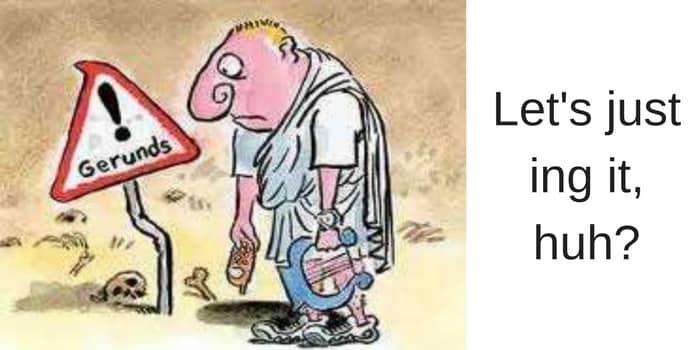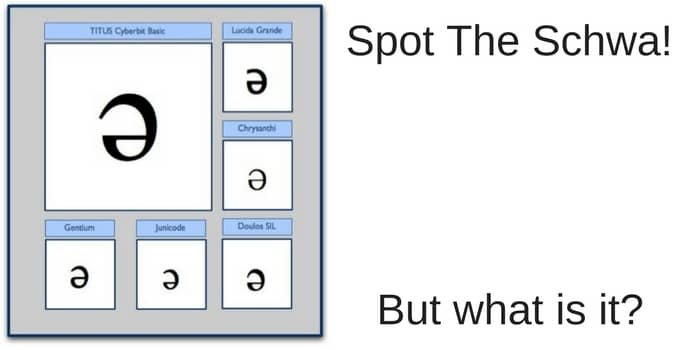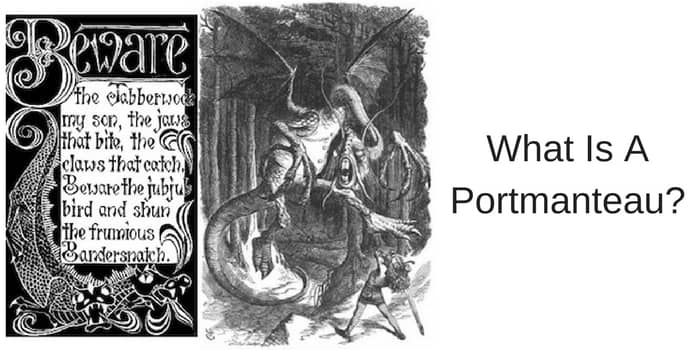
Let’s just ing it, huh?
“I am wondering if that book is really that interesting. Having read the reviews, I may not be interested at all. But reading has always been my passion, so I will probably end up buying it anyway. Interestingly though, my friend is reading it and enjoying the story he told me. Amazing as it may seem, he lovingly cares for his books. Wrapping them in plastic and storing them under his bed. Boring huh?”
In this short example, there are thirteen ‘ing’ words. Some are present participle and some are adjectives and adverbs. While some seem very difficult to grammatically label. Unless you define them as the gerund.
The gerund form comes form Latin, and in simple terms is a verbal noun. Or if you like, a verb that takes ‘ing’ and then inherits the properties of a noun.
“I like swimming.”
Now it is easy to see that swimming is a noun, in the same way as chocolate would be in this short sentence. In the first example, the words reading, buying, wrapping and boring are all examples of a verbal noun.
Another interesting point that I am interested in is how adjectives change with ‘ing’ and ‘ed’. So here we have the ‘ing’ form indicating that it is the object that is being described. “I think that is an interesting book.” When we change to the ‘ed’ form, it in now the subject that is being described. “I am interested in buying that book.”
Interesting isn’t it?




Interesting, but what about "to sing a thing or two about string or something"?